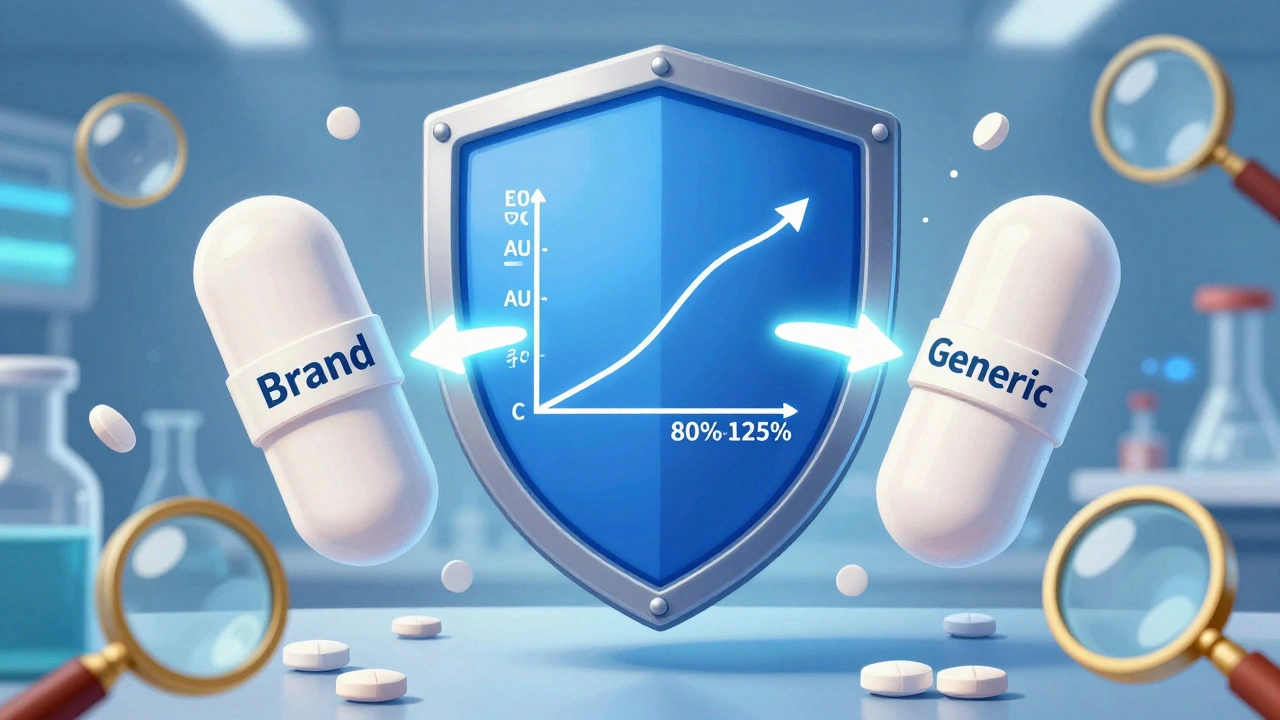FDA Approval: What It Means for Your Medications and Supplements
When you see the FDA seal on a bottle, you know a government agency has checked the product. But what does that check cover? In plain terms, the Food and Drug Administration (FDA) looks at how safe a drug is, whether it works as claimed, and if the label tells you the right information. That simple process protects you from dangerous or useless products.
Not every supplement gets FDA approval. The agency only reviews drugs that need a prescription or are sold over‑the‑counter in a specific dosage form. If a product is labeled as a “dietary supplement,” the FDA does not test it before it hits the shelf. Instead, it steps in after a problem shows up. That means you have to be extra careful with vitamins, minerals, or herbal blends that claim to cure or treat diseases.
How FDA Approval Affects the Articles on This Page
All the posts you see under the "FDA approval" tag talk about medicines that have gone through this review. For example, the guide on Olmesartan explains how the drug was cleared for blood‑pressure control and what you should watch for when switching. The Tenormin (Atenolol) article breaks down its approved uses, dosage limits, and side‑effects that the FDA required the manufacturer to list.
Other posts, like the one on Minoxidil Topical, highlight that the product is FDA‑approved for hair loss, so the label’s instructions are backed by data. Meanwhile, the piece on Ibuprofen reminds you that the pain reliever’s safety warnings come straight from the FDA’s label, helping you avoid overdose or stomach problems.
Quick Tips to Spot an FDA‑Approved Product
1. Check the label – Look for a clear statement that the drug is “approved by the FDA.” Prescription drugs always have it.
2. Know the form – Pills, capsules, liquids, and medical devices go through the approval process. Most herbal teas and “natural” powders do not.
3. Read the dosage – The FDA requires exact dosing information. If a product just says “take as needed,” it’s probably not FDA‑approved.
4. Watch for warnings – Approved meds list possible side‑effects and drug interactions. Supplements often skip this part.
5. Use trusted sources – Websites like Rapid Access to Medication and Supplements pull data from the FDA’s database, so you get reliable details.
By following these steps, you can separate products that have passed the FDA’s safety net from those that haven’t. The tag page lets you browse articles that explain approved drugs in everyday language, so you can feel confident about what you’re taking.
Remember, FDA approval is a sign of quality, but it’s not a guarantee that a drug works perfectly for everyone. Always talk to a doctor or pharmacist if you’re unsure. Stay informed, read the label, and choose wisely.

How the FDA Ensures Generic Drugs Work the Same as Brands
Posted by Desmond Carrington on 12/12/25
The FDA ensures generic drugs work the same as brand-name medications through strict bioequivalence testing, identical active ingredients, and rigorous manufacturing standards. Over 90% of U.S. prescriptions are filled with generics that save billions annually.

Understanding Generic Budesonide/Formoterol: Dosages, FDA Approvals, and Brand vs. Generic
Posted by Desmond Carrington on 24/05/25
This article breaks down everything patients need to know about generic Budesonide/Formoterol, from how the FDA approves it, to how its dosages compare to the brand name version. You'll learn about key differences between generics and brands, practical tips for switching, and why these changes matter for your asthma or COPD treatment. It includes real facts, honest advice, and what to watch for on your next prescription refill. Great for anyone wondering about switching to a generic or what it could mean for your health, wallet, and peace of mind.

